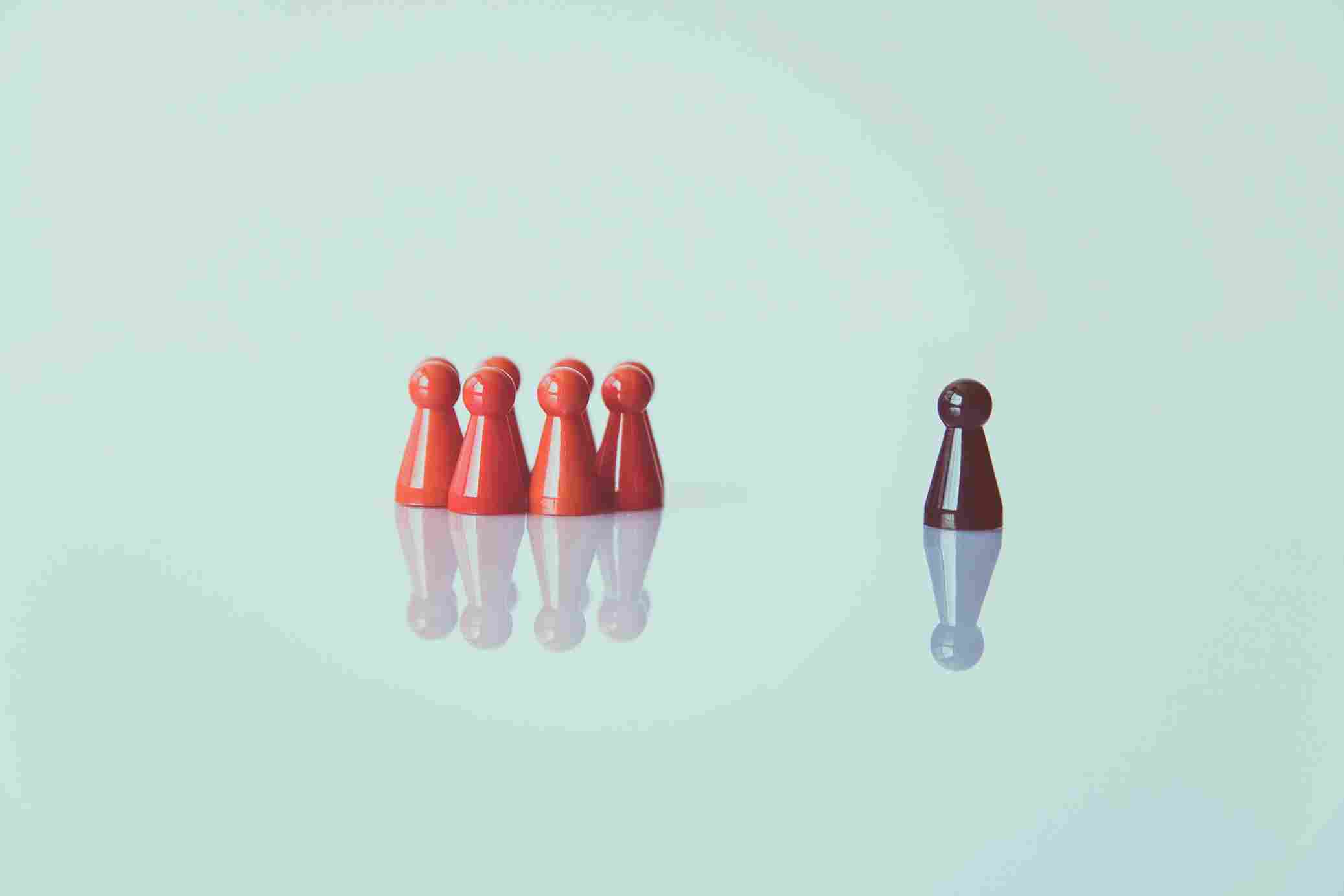Discriminatory words about “there are black people”
An American writer who was supposed to come to my event to meet readers and give a lecture suddenly canceled his attendance. Since he had informed many people and made reservations in advance, he had no choice but to be embarrassed. The reason for the cancellation was that the artist had sent a questionnaire in advance for the interview to be exchanged in Korea, but the questions were 'racist'. This question was carefully prepared by the interviewer who had read all of the author's books published in Korea. I looked closely at the questionnaire again. What was the problem?
He is one of America's most acclaimed writers, receiving numerous prestigious literary awards. Although he is black, he is not a writer who only focuses on black issues. But while he talks about the universal discrimination that humans face, he also uncovers deeper hidden truths because he's black. As he picks out the question, would he have made it uncomfortable for him to ask him what he thought about the poverty or situation of black people as a black person? Did he not use a word with a 'racial' smell in the process of translating it? It was not easy to find out what the obvious fault was. He also sought advice from English scholars who majored in modern literature, but he didn't get a pointed answer. Rather, there was a counter-review that the author was looking for an excuse to be capricious, or that he didn't like something else.
This is not the answer. continued to worry. Knowing this will help you to prevent this from happening in the future. The cartoonist I met at that time was <A black man sat next to me on the subway>. The author, a nursery school teacher, portrays the experiences she had while meeting her black boyfriend. When she went out with her boyfriend, she categorized the reactions of people she encountered. People staring/Screaming people/People who stop along the way/People who openly say “There is a black person”/People who point to “Look over there”/People who talk freely saying “There is something strange”/People who frown/“ Those who giggle, saying, "She can't come back anymore." What kind of person am I?
The reason for such a diverse and meticulous classification is that we have experienced so many of these reactions. When I'm having tea with my boyfriend at a cafe, I pause when Michael Jackson's music comes on. This is because when a boyfriend goes to a cafe, jazz, pop songs, or hip-hop often come out suddenly. If Korean music comes out after the song is over, it must have come out by chance, but if not, it must have been played with the intention of her boyfriend. In this case, did the cafe owner care? Or was it a manifestation of racist prejudice? How would you like to understand the heart of a person who is sensitive to even a single song in life? Like someone who sends a picture of his wife naked and asks him to go to bed, hearing stories of blatant prejudice, prejudice, and rudeness are heartbreaking. However, the highlight of this cartoon lies not in the shocking testimony, but in the pieces of prejudice that are hidden in life, saved while living with a boyfriend.
Also Read.
In the elevator coming out of the movie Green Book, a movie about a genius musician who was subjected to racism, no one looked at the writer and his boyfriend strangely. On reflection, many prejudices stem from a lack of experience. Reflecting on the ruined event, this book broadens the scope of the experience.

0 Comments